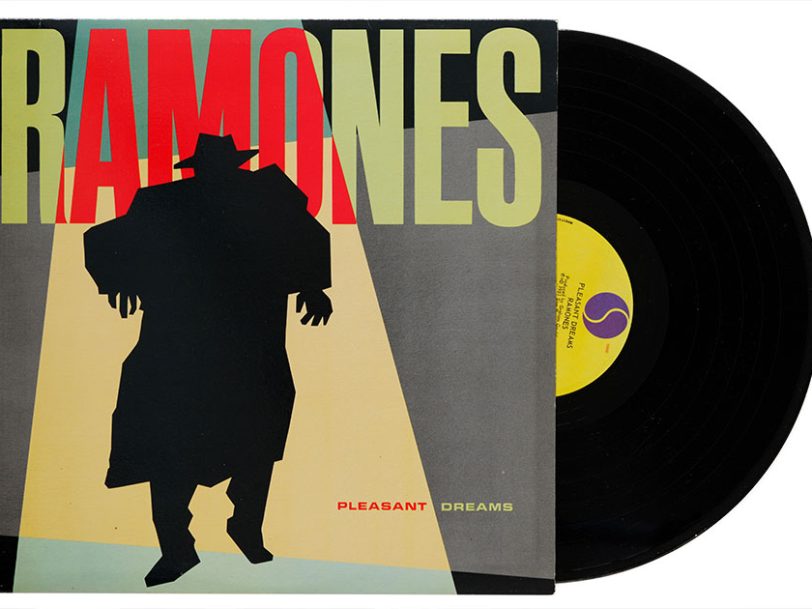Ramones’ sixth studio album, Pleasant Dreams, still cries out for some long-overdue respect. Released in the summer of 1981, in the slipstream of the big-budget, Phil Spector-helmed End Of The Century, the record emerged from an especially stressful time in the New York City quartet’s history and, after stalling at No.58 on the Billboard 200, it was unfairly branded a failure.
Listen to ‘Pleasant Dreams’ here.
“It would have probably split up most bands”
“There’s a lot of strong stuff on it,” vocalist Joey Ramone recalled in Everett True’s Hey Ho Let’s Go: The Story Of The Ramones, while also conceding that the album was recorded during “a real rocky time” for the group. “It would probably have split up most bands,” Joey continued. “Me and John had almost no communication whatsoever. You can’t run an organisation or a band or a government like that.”
The lack of communication was due to the almost irreparable rift between Joey and Johnny Ramone, which sprang from the guitarist beginning a relationship with Joey’s former girlfriend, Linda Daniele. Johnny later married Linda, but their relationship put the bandmates’ friendship under a strain from which it never properly recovered.
To add to their woes, Ramones were still expected to produce the goods in the charts. Though End Of The Century was their best-performing album, it only peaked at No.44 in the US (it would hit No.14 in the UK), and Sire again insisted the group work with a name producer for their next record. Ramones wanted to team up with rising Siouxsie And The Banshees/U2 producer Steve Lillywhite, but Sire rejected that suggestion, instead insisting that 10cc’s Graham Gouldman take the helm for Pleasant Dreams.




